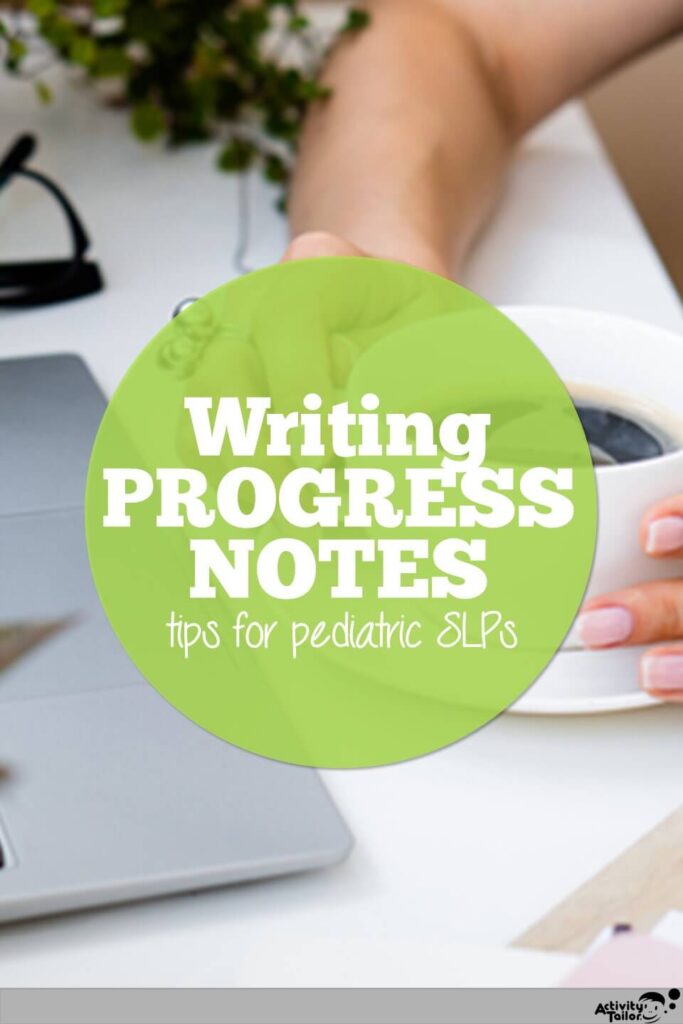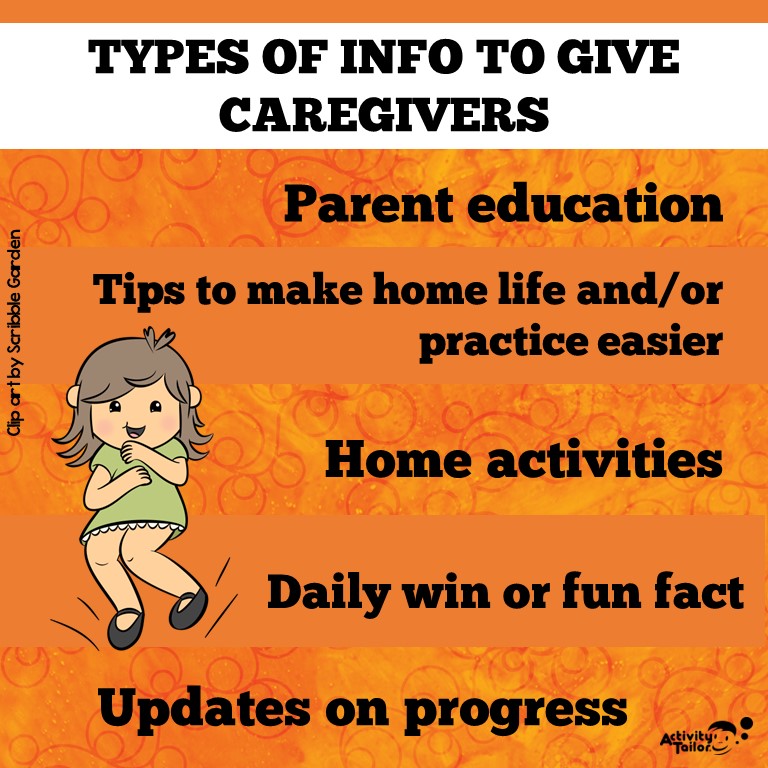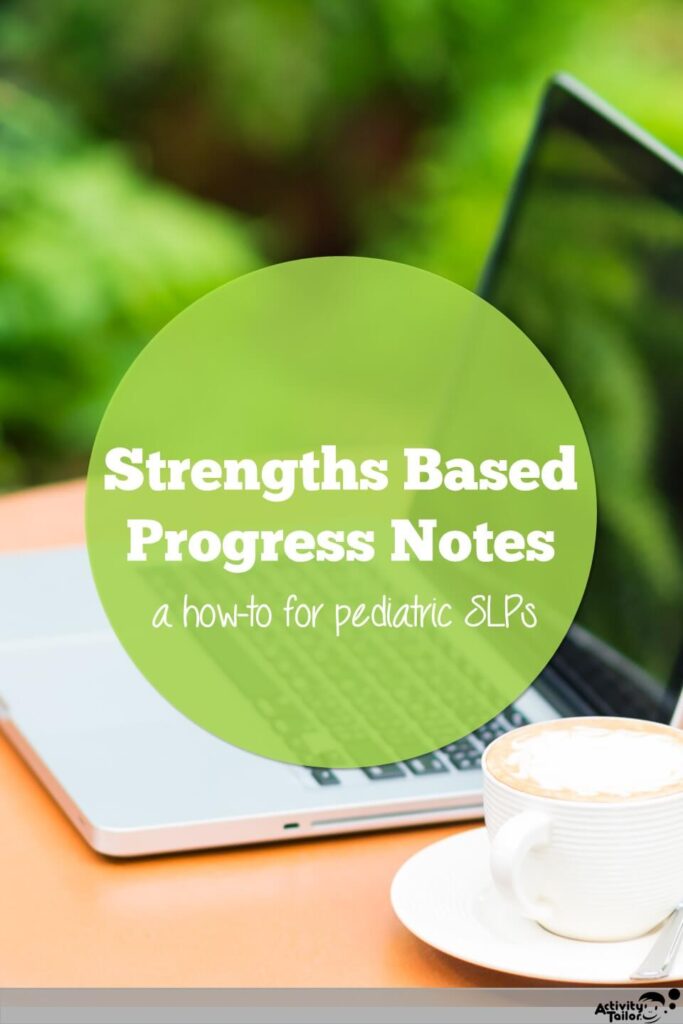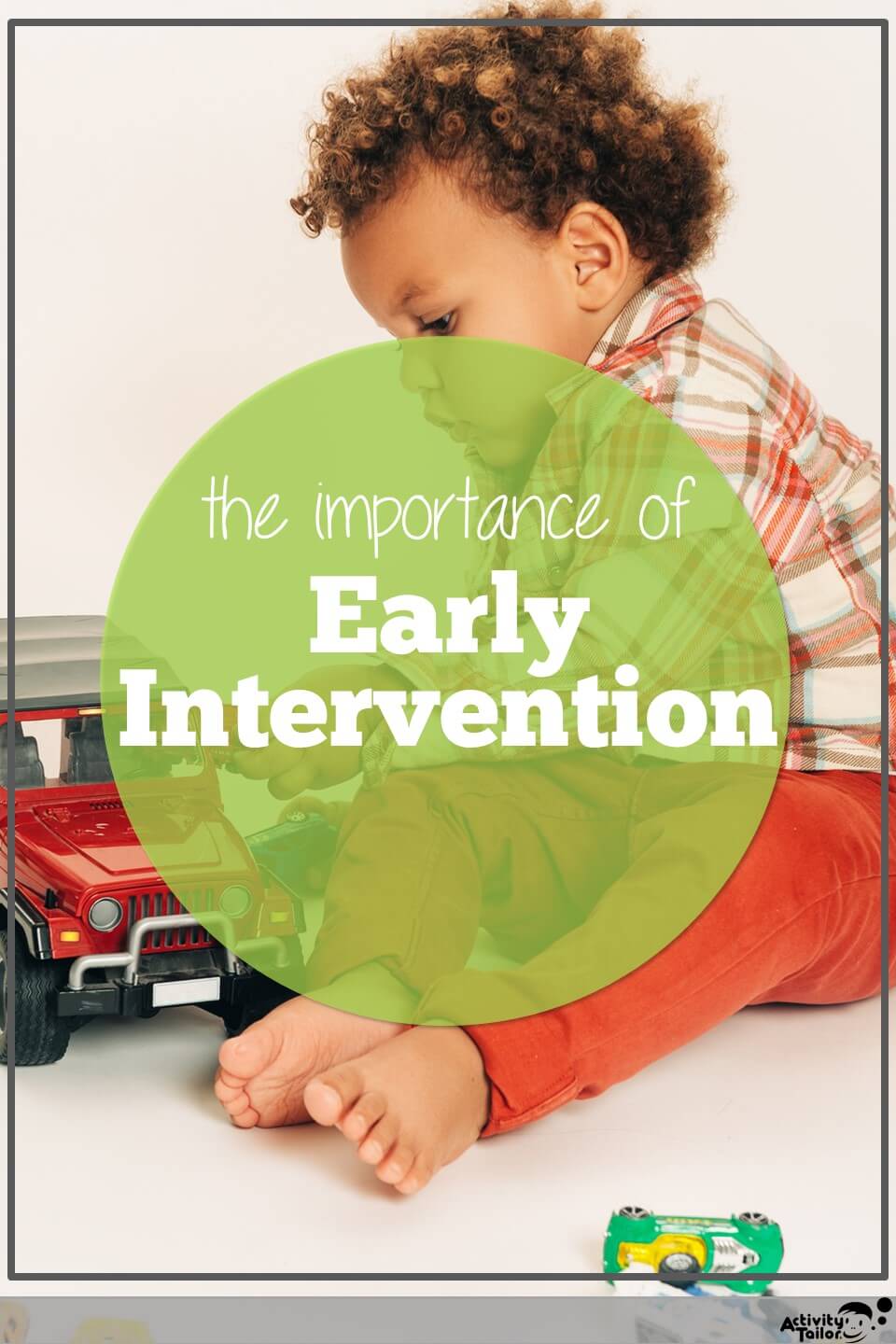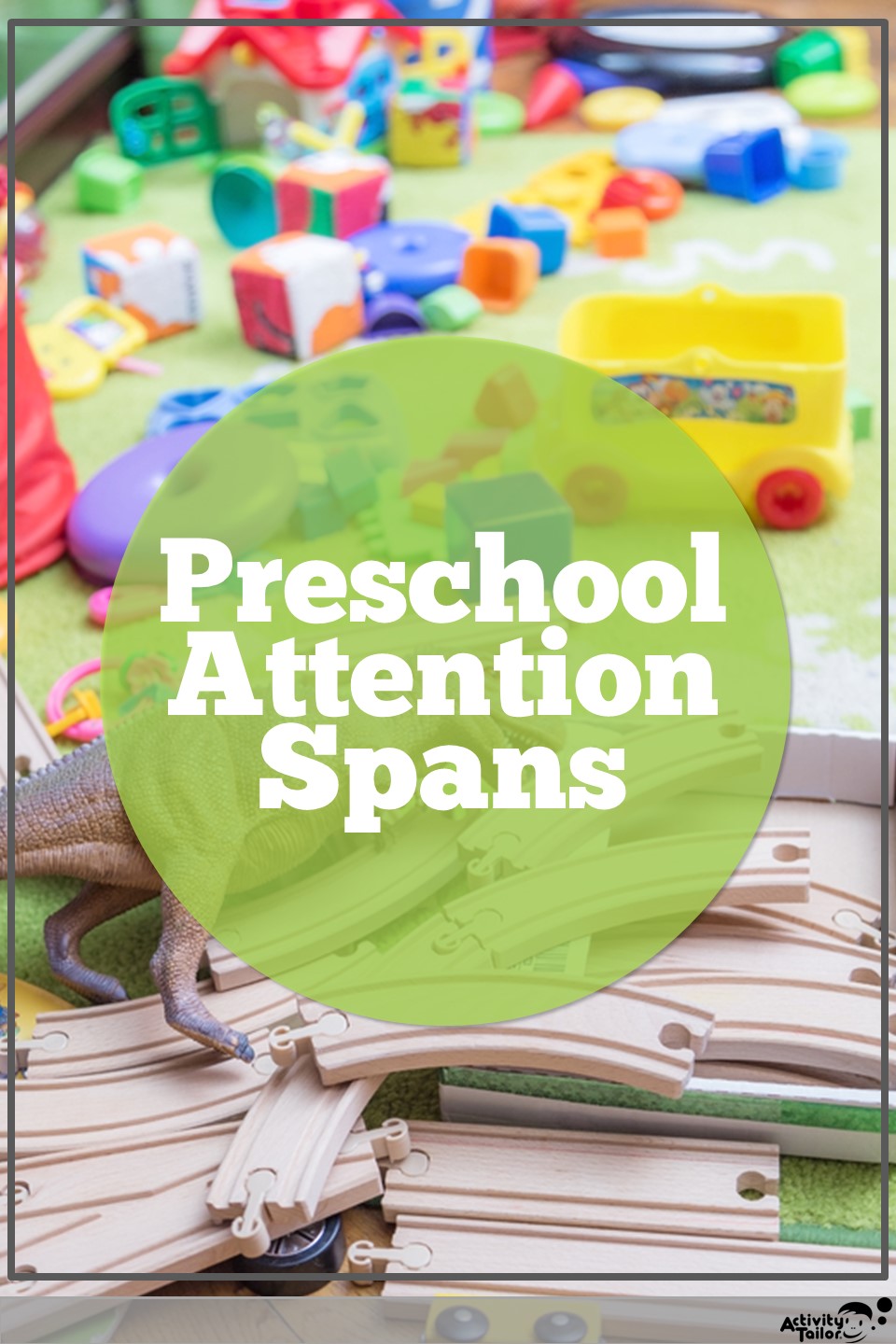As you know, progress notes play a huge role in your work as an SLP. They are important for documenting a client’s progression with speech goals but also powerful tools for fostering positive communication with caregivers and generating more client referrals. You’re just 3 tips away from writing progress notes that provide this fabulous double duty!
3 Tips You Need for Writing Great Progress Notes
Writing great progress notes is really easier than you think!
1. Embrace a Strength-Based Approach
The first thing you need to do when writing progress notes is to adopt a strength-based perspective. During the evaluation process, it’s necessary to focus largely on your client’s deficits and delays, but when writing progress notes be sure to emphasize your client’s strengths and achievements.
Use positive language that conveys your belief in the client and caregivers. Choose words that show optimism and encouragement.
Example: replace “shows difficulty following two-step directions” with “making strides in following single-step directions and responding well to moderate support for two-step directions
Take time to verbalize these thoughts to your older students during sessions too! This will resonate highly with caregivers and your older student clients and can boost motivation!
During sessions, encourage clients and families to provide feedback to you about their thoughts on progress so far. This self-reflection promotes a sense of agency and involvement in therapy. This feedback also helps you better adjust your dynamic therapy plans for the future!
Ultimately, you are using strengths to support weaknesses. This is a win for everyone involved!
*For more specifics on ways to appropriately collect data to report in your progress notes, read here!
2. Prioritize Goals of the Individual and Family
Person- and Family-Centered Care is a collaborative approach to the entire evaluation and therapy process. Every client you encounter is unique, and their goals should reflect their individuality. You should always consider each client’s needs and the priorities of their caregivers when writing progress notes.
It’s best if you can collaborate with the family during the creation of therapy goals, but even if this didn’t happen for whatever reason, you can still collaborate throughout the therapy process!
Remember, if the family isn’t on board with their child’s goals, the likelihood of them practicing at home and experiencing positive carryover is going to be slim.
***If you feel that a family’s preferences are not developmentally appropriate or attainable for a child, take time to educate them on why their specific goals may not be appropriate at this time. Use your strength-based communication and share how what you are targeting does eventually work towards this larger goal!
As a part of your dynamic and client-centered therapy approach, you will continuously assess progress toward goals and make adjustments as needed throughout the treatment plan. Discuss these changes with older children and caregivers as they arise from your side of the therapy table. When caregivers inform you of changes in priorities or inform you of new concerns, address these as soon as you can too. Make sure you document these changes in your progress notes each step of the way.
Your timely response to questions and needs can make a big impact on your relationship with families!
3. Use Progress Notes as a Communication Tool
Progress notes are NOT just written for you, doctors, and insurance agencies to see. They are a powerful communication tool that you can use to strengthen your rapport with caregivers.
When you have a positive relationship with families, this can lead to more client referrals from them!
Write your notes professionally but in a straightforward and clear enough way that others outside of your SLP world can easily understand what you are saying. Avoid acronyms and highly technical verbiage.
Include practical strategies and homework ideas for families in progress notes. This demonstrates your commitment to their child’s progress. Add educational caregiver handouts early in your journey with new families to provide helpful insight into common concerns.
Writing progress notes doesn’t need to be scary or overwhelming. You’ve got the tools you need to write informative, strengths-based notes that work to build caregiver rapport and bring you more clients at the same time! Remember, you’re exactly the SLP your kids and families need!
You may also be interested in:
FREE Data Collection and Attendance Forms for Speech Therapy
Seeing Speech Students Over the Summer
Tips for Communicating with Speech Families


